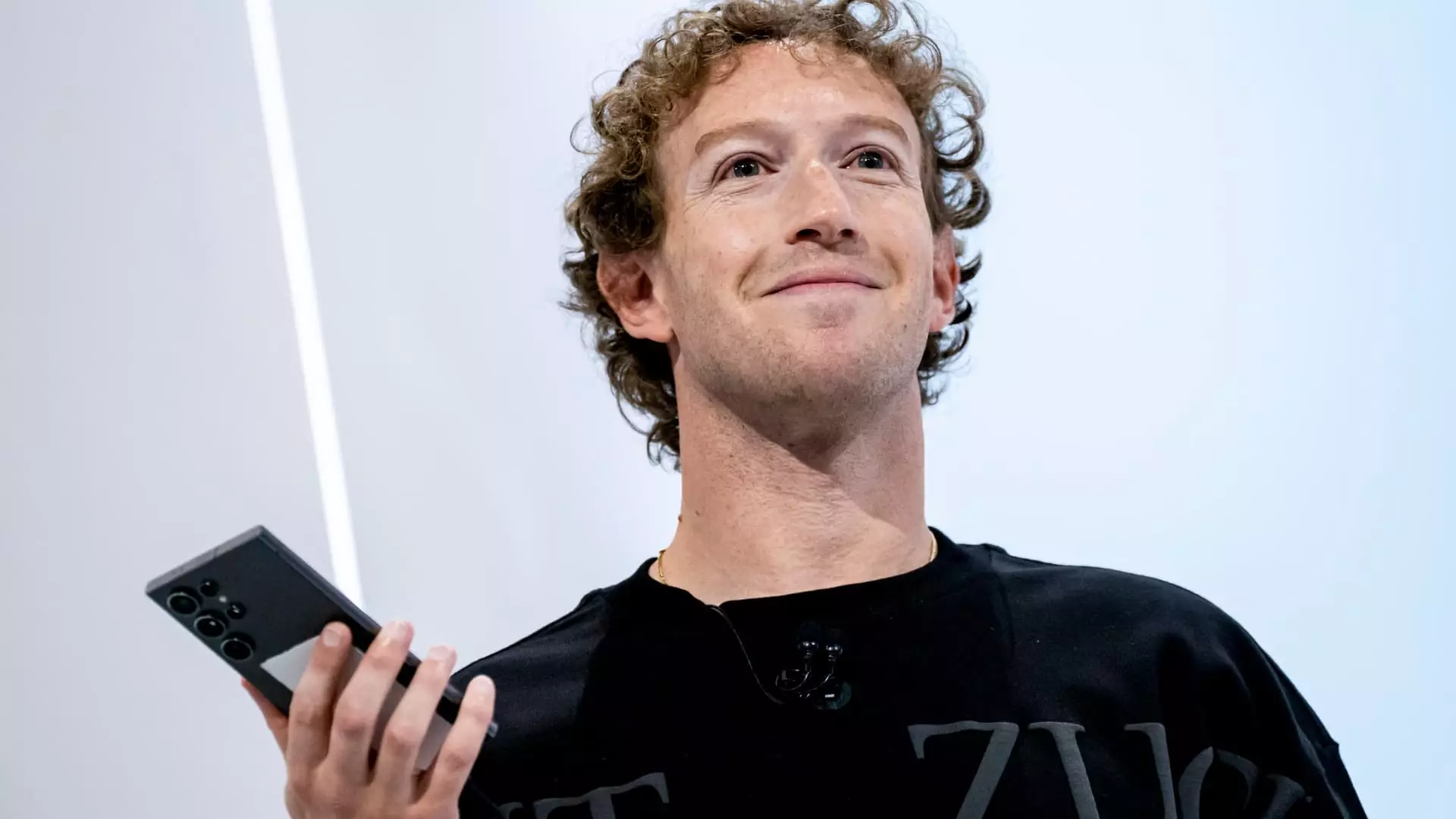In a recent podcast with Joe Rogan, Mark Zuckerberg, the CEO of Meta, revealed a striking dynamic between his company and the Biden administration regarding Covid vaccine content. This interaction suggests a complicated terrain where the intersections of public health, social media regulation, and government influence come to the forefront. Zuckerberg’s remarks have raised many eyebrows, igniting discussions about censorship, freedoms of expression, and the responsibilities of tech giants.
Throughout his conversation with Rogan, Zuckerberg articulated his pro-vaccine position, emphasizing the necessity of such public health measures. He acknowledged that while vaccines are essential for combating the pandemic, the approach of the government towards discourse surrounding vaccine safety and side effects could be perceived as overly aggressive. Zuckerberg noted that the Biden administration exerted substantial pressure to remove any content that questioned the safety of vaccines, labeling it as “censorship.” This raises critical questions: How far should the government go in controlling information, especially when the concerns may stem from legitimate debate?
Zuckerberg’s admission that Meta was pressured to censor warnings about vaccine side effects brings forth significant ethical considerations. The implication that content deemed true was removed to convey a singular narrative raises concerns about who gets to define “truth” and the implications of such definitions in health communication. Zuckerberg’s insistence that they were unwilling to take down content that was “kind of inarguably true” highlights a fundamental tension between drawing a clear line against misinformation and ensuring a transparent dialogue about vaccine safety.
Further complicating the landscape, Zuckerberg announced that Meta would be shifting its fact-checking strategy from third-party verification to a community-based model. This pivot aligns the company with practices similar to those of X—the social media platform formerly known as Twitter—raising questions about the efficacy of community-sourced content moderation. While this approach may democratize the engagement and allow for more diverse opinions, it also leaves the potential for further misinformation to spread if left unchecked by rigorous editorial standards.
The debate around this shift has gained momentum following President Biden’s critical remarks on Meta’s new policy, framing it as a step backward in responsible information regulation. Biden’s comments echoed a public concern about the responsibilities tech companies have in mitigating misinformation, particularly as it pertains to health issues. The tension between governmental oversight and corporate autonomy continues to be a contentious issue that requires a balanced approach.
Zuckerberg’s comments don’t exist in a vacuum; they are part of a larger narrative concerning Meta’s political relationships. By replacing its global affairs president with a former Republican staffer, the company appears to be positioning itself in a way that caters to the incoming administration led by Donald Trump. This move is emblematic of the broader reality where technology companies cannot afford to ignore the political landscapes they operate within. The interconnections of politics, technology, and public health are becoming increasingly intertwined, making the challenges Meta faces even more pronounced.
Moreover, Zuckerberg’s reflections on the shortcomings of the U.S. government in protecting its technology industry signal a growing concern among tech leaders regarding regulatory frameworks. The comparison to the European Union’s strict regulatory environment emphasizes a potential vulnerability for American firms in the international arena. This alliances and adversities in tech policy are expected to become focal points for the industry in the coming years.
As the dialogue between Mark Zuckerberg and Joe Rogan underscores, the relationship between social media, government, and public health is fraught with complexities. With growing concerns about misinformation and the fine balance of free speech and public safety, the question remains: how will tech companies navigate these turbulent waters? Zuckerberg’s comments serve not only as a reflection of current tensions but also as a precursor to more vigorous debates about the future of health communication, censorship, and the ethical responsibilities of technology giants in the prevention of a public health crisis. As stakeholders in this narrative, we must consider the boundaries of regulation, the role of community discourse, and the necessity for transparency in public health information.

